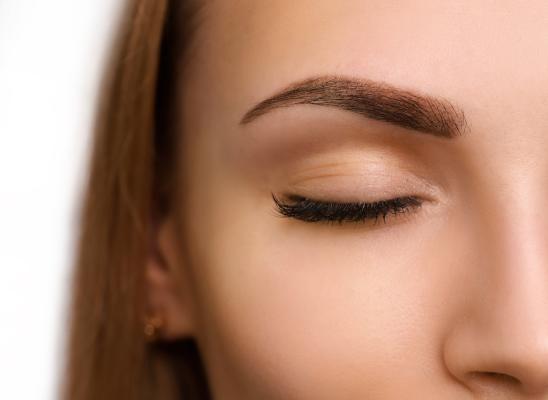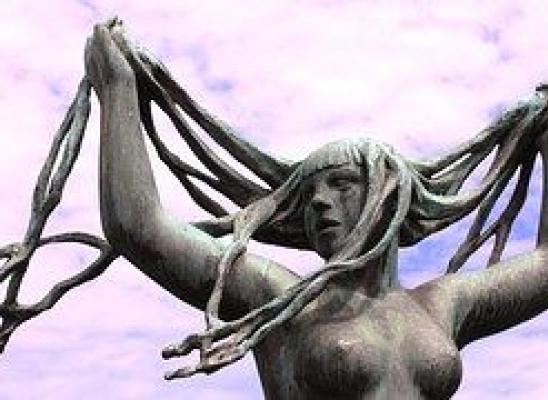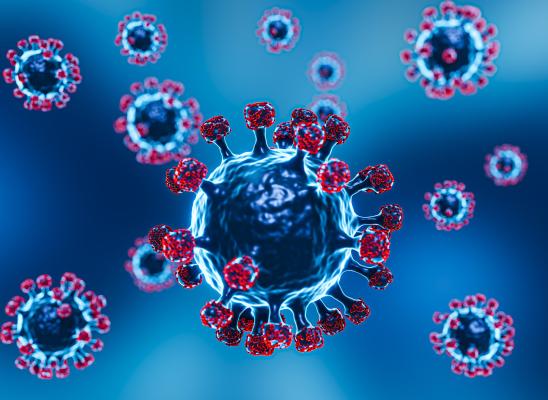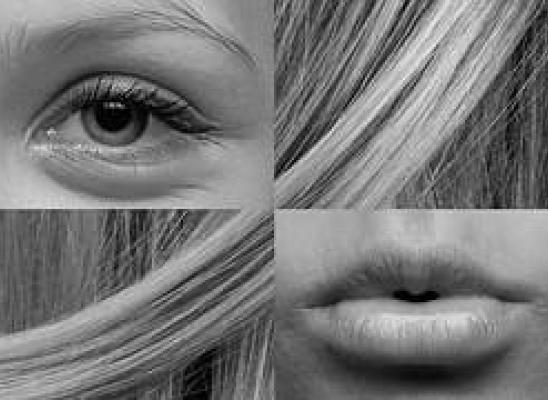The guilt and shame of hair pulling
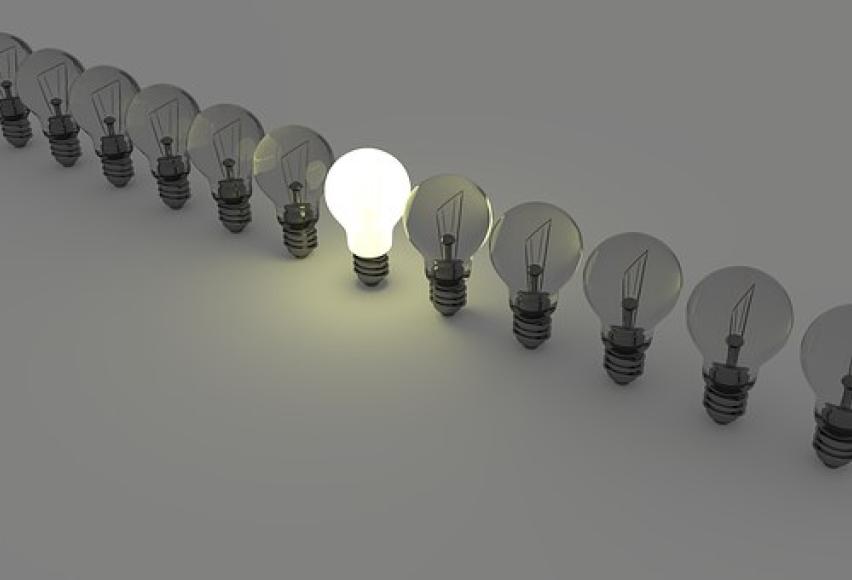
Online test
Find out the severity of your symptoms with this free online test
Not many people have tolerance for anything outside of their “normal.” Most of the world lives within strict confines of a defined “normal.” Anything outside of that version of “normal” is considered “weird,” “strange,” “gross,” or “out there.” In the case of creativity, those who fit into the “out there” category are perceived as innovative, but when it comes to mental illness, most people do not have a sympathetic, empathetic, or compassionate response to things that are “weird,” “strange,” “gross,” or “out there.”
Compulsive hair pulling is no exception. It does not fit into most of society’s concept of “normal.” Not only does someone with trichotillomania (trich) recognize they engage in behavior that is “not normal” but in order to get help, it needs to be disclosed to a complete stranger. Trich therefore often causes great stress as those who suffer with it tend to try to hide it from family and friends.
Secrecy leads to guilt
A cycle of negative emotions goes with the pulling hair including guilt, shame, and embarrassment. Many people who suffer from compulsive hair pulling prefer isolation, withdrawing from social interaction for fear of judgment. A person is left to deal with the disorder alone, internalizing negative emotions and often struggling with depression and anxiety. Not only do those feelings spark anxiety, but anxiety can worsen hair pulling activity.
The internal turmoil is substantial enough, but add the physical complications that arise from trich. Bald spots on the scalp, missing eyelashes or eyebrows, and the unusual patterns of regrowing hair are only a few of the physical effects seen by others. Sometimes, these physical effects result in scalp damage, hair follicle damage, or other types of physical illness which mean going to a health provider. Many people with trich avoid going to doctors because of the fear of discovery and the shame of having to explain how it happened.
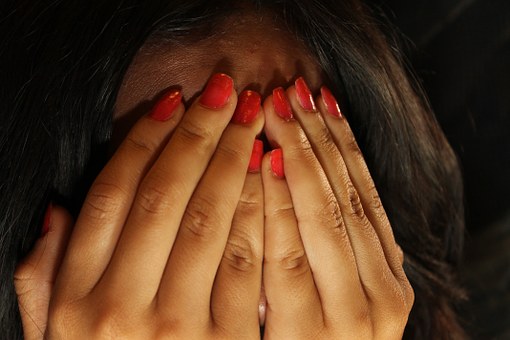
Hiding the 'evidence'
A person who compulsively pulls their hair not only spends a considerable amount of time pulling, but also a significant amount of time covering it up. They feel unattractive, ashamed of the work they have to do to blend in. On a social level, sometimes it is preferable to avoid people and no go out in public. What if someone sees? What if the work to cover up bald spots fails? Other people may not know what caused this, but they are looking. The person suffering from trich internalizes nonverbal cues, further separating them from “normal.” The further one separates from “normal,” the more difficult it becomes to accept that “normal” is achievable.
When people with trich hide and don’t seek help, the situation gets worse. The physical and psychological effects worsen and become more complicated. For those whose symptoms get worse with anxiety or distress, the vicious cycle continues. Increased anxiety results in more pulling, which results in increased shame and feeling worse about oneself, which results in increased anxiety which means more pulling and so on.

Break the cycle of shame
It’s true. There are a lot of people who will not understand someone who suffers from trichotillomania, however, there are people who do. There are people, helpers, health care providers, and therapists who understand the disorder and know that a disorder does not define a person. Some people learn to manage trichotillomania. They learn to feel good about themselves and to thrive in life. Online communities, online therapy, online support groups can all offer the empathetic social support needed by people who suffer from body-focused repetitive behaviors. There are people who understand and will help.
Online test
Find out the severity of your symptoms with this free online test
Start your journey with TrichStop
Take control of your life and find freedom from hair pulling through professional therapy and evidence-based behavioral techniques.
Start Now
